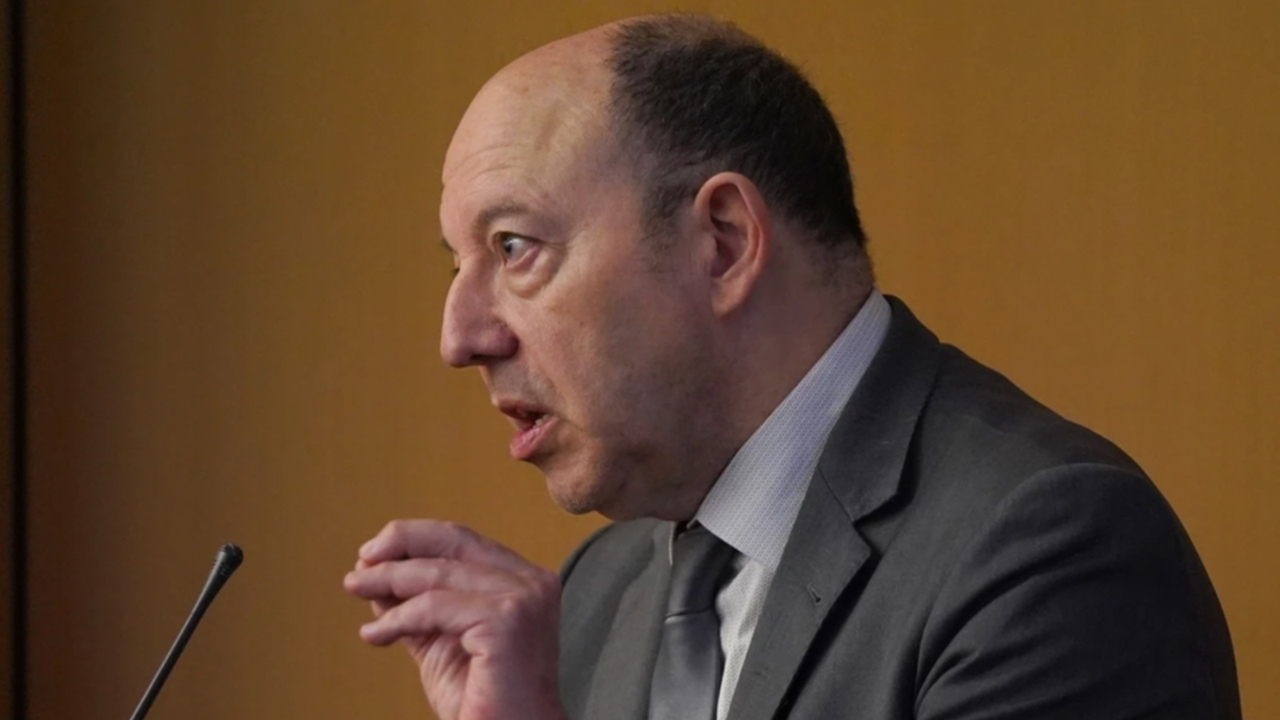
“In Spain, it goes on account to be Okupa than owner of a house”
- Jessica Lewis
- 0
- Posted on
The Okupa phenomenon is still up in Spain as demonstrated by the data of 2024. Crimes due to raids and housing usurpation in Spain increased 7% last year, with 16,426 cases registered by State Security Forces and Bodies, but the most worrying thing is not that figure. Most cases are not considered criminal offices having a previous contract in between Although the tenants are left in the house without paying anything. This group are known as Inquiokupas.
Many of them look in a position to demand and even launch dangerous threats: “As something happens to my son, I’m going prey, but that is dead.” This causes the fear of the owners, who in addition to being clearly harmed economically, feel under physical threat. The debate on how to face the offering is increasingly recurring in all spheres and the last to demonstrate has been the economist and head of Economics of the Barcelona University Gonzalo Bernardos.
The difficulty to evict the main problem
This economist analyzed the phenomenon of the squatting, making clear the main problem: “Okupation constitutes a magnificent business“. He explains that it benefits those who are already practicing companies dedicated to release the floors. He also explains that another of the big problems is that the total number of cases is not shown since the official figures do not include the aforementioned inquiokupationswhich are the most repeated in our country today.
Gonzalo Bernardos is very critical of the current panorama: “It is a shame that the owners, in their vast majority small holdersthey cannot evict the delinquent and have to pay them the receipts of water, gas and electricity, “he says. The owners have to pay the supplies to the squatters and cannot cut themexcept in Barcelona, where the judges of the criminal sections of the Audience of Barcelona, in a criteria unification agreement, have arranged that if the owner of an occupied farm decides not to maintain “the discharge of the supplies or the payment of them” will not be considered a crime of coercion.
A legislative problem
“Spain in terms of occupation Legislation is an exception within Europe, where the eviction process is much faster”he adds. In his view, the problem is being misunderstood due to the following reason: “Protecting the owner is protecting the tenant“Argues that greater security for the owner would cause an increase in supply and a price reduction. However, he explains that A “right to absolutely ethereal housing is prioritized.”
Points directly to some political parties and remember that private property is a right “Explicitly recognized in the Constitution”. Gets wet on the opinion of the two majority parties in this area: “The PP goes in a better direction than the PSOE”. However, he acknowledges that “Ideologically is closer to a traditional PSOE.” Given the situation, it is very forceful: “It is more accounting to be Okupa than owner of a house.”
Three solutions to end the squatters
After making an squad radiography in Spain, it is launched to propose different solutionscollected by ‘the newspaper’, which must be in a concrete way: “Fine and not thick stroke”. The economist explains what three could be effective:
- Increase the number of people working in urban planning in municipalities.
- Take non -popular measures: it proposes that the public administration, “even if it costs votes”, endorses the promoters so that the banks finance a substantial part of the land and allow to build more homes.
- Lower taxes to buyers.